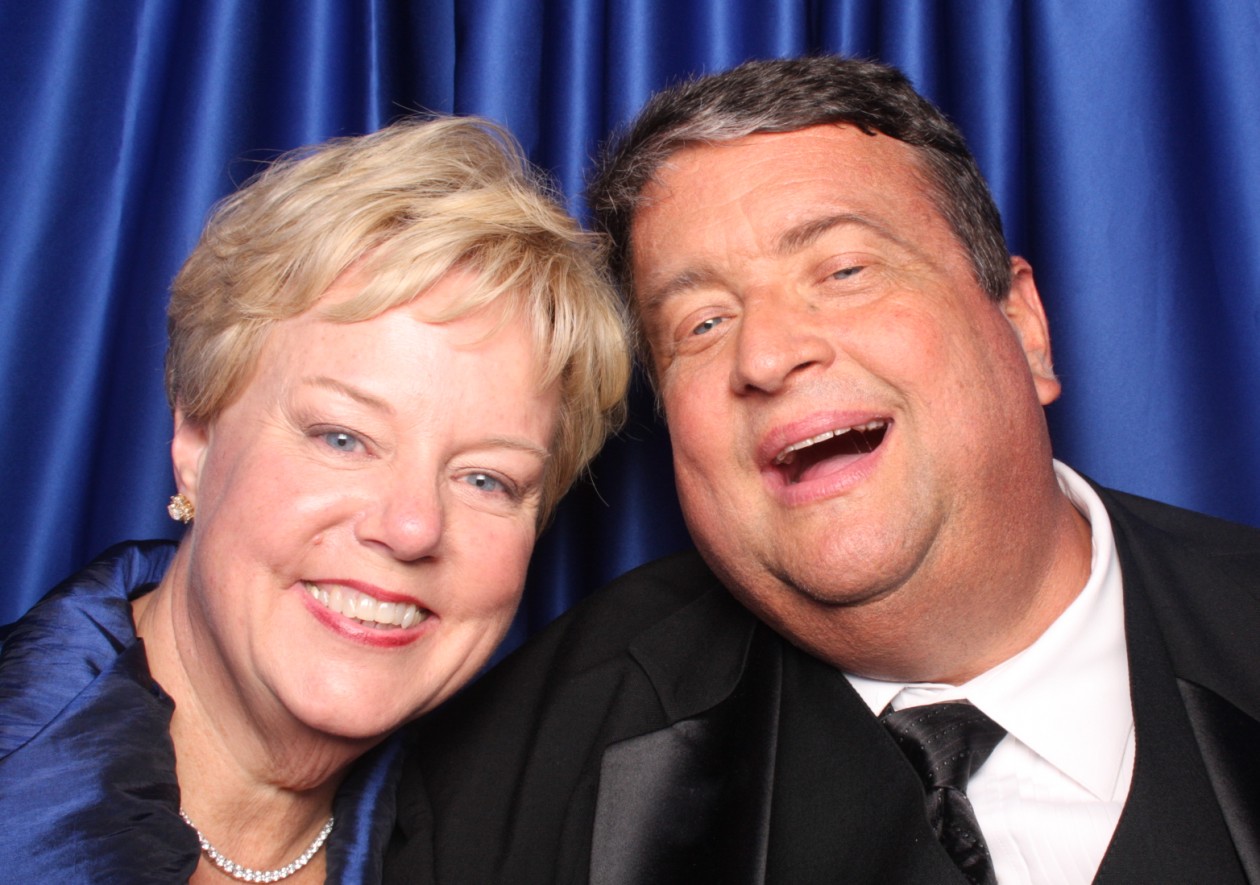One year ago today I posted to this blog asking “Why?” So many why’s with no answers.
Today I met a young Israeli Jewish man. He was the same age as my youngest child, born in 1992. When he was five years old, his 14 year old sister was killed by a Palestinian suicide bomber as she left her school. Several others were killed or injured. He is now a student at Tel Aviv University but has spent three years as a soldier. I heard him ask “why?” He is forever changed by her death.
Also, today I met a Palestinian Muslim woman. She is a school teacher and mother of six children. Years ago, her brother was killed, shot by an Israeli soldier. I do not know all the details surrounding his death. A few weeks later, another brother, in the depth of his grief, threw himself off a five story building to commit suicide. She mourns and is forever changed by their deaths.
The interesting part of today was not so much meeting this man and woman. The interesting part was meeting them together. They came together to tell their story. They traveled difficult roads to be in Bethlehem together — the man crossing behind a forbidden border; the woman traveling four hours because she is forbidden to drive on certain roads. They sat side by side, hugged each other, encouraged one another.
They’ve both been a part of a bereavement group for many years and together they work to tell their story. There was no hostility between them. No harsh looks. No barbed comments or blame. The Israeli Jew didn’t hate the Palestinian Muslim. And the woman didn’t look to exact her vengeance on him. Somehow, each has been able to see that they share so much. They share loss. They share having no answers to the “why” questions. They don’t relate to each other politically or nationally. They relate to each other as two people who are human and feel sadness, incredulity and even anger. Yet they refuse to share revenge or retaliation.
Somehow, these individuals have been able to do what powerful governments cannot. They are living in peace with one another, even helping each other and setting the example for others. She does not see him as a soldier. He does not see her as a terrorist. Each wants the other to have a place to live in this land in peace. While they say they refuse to forgive, their hearts clearly have undergone a process of transformation which plays out in the way they choose to live their lives. They choose to live in peace.
They do not find the answers to their “why” questions, but their mourning is used for a higher cause.
Written 3/9/16
Sent from my iPad
